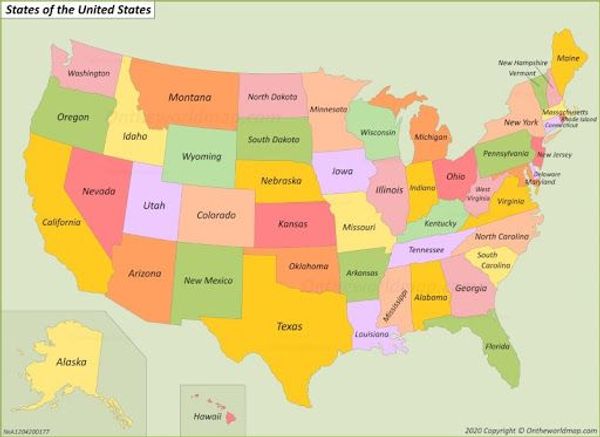The Federal Wire Act has substantial impact on sports betting in the United States. The main impact of the Act lies in the restriction of interstate wagering. Even though many States have begun to legalize sports gambling, the ability to wager across State lines is still not allowed. The future of nation-wide sports betting in the United States hinges on the outcomes of opinions on the Federal Wire Act, as any reversal of the language would allow bettors to place wagers from outside a respective State.
The Federal Wire Act, or formally, The Interstate Wire Act, was passed by John F. Kennedy in 1961. The bill’s main intention when passed was to stop organized crime syndicates from implementing large-scale sports gambling operations across state lines.
Portions of the Act have been challenged and reversed many times in the last decade, with the most recent opinion given in June of 2019 stating that the Wire Act “is limited to sports gambling”. This was undoubtedly an optimal outcome for lottery operators.
With the initial intent of the Act mainly in the rearview mirror, it will be interesting to see the developments in coming years in relation to sports gambling across state lines.
The court decision handed down in June 2019 can only be viewed as a massive win for online casino gambling in the United States. The opinion which stated that the Wire Act was limited to sports gambling leaves the door open for interstate online casino legislation to be pushed through in the future.
In terms of poker, states such as Nevada, Delaware and New Jersey have been forward thinking and already have taken steps towards allowing for interstate online poker play.
June’s court decision clearly falls in line with supporting the legality of interstate poker in the United States, which would be a massive win for the current poker community as well as poker’s future growth in the country.
- The Act was signed into law on September 13, 1961 by President John F. Kennedy
- The Act was introduced into the Senate in 1956, taking five years to become law
- The Act was part of a slew of bills signed by President Kennedy on September 13, 1961 – the group of bills became known as The Interstate Anti-Crime Acts
- The main target of the Federal Wire Act were organized crime organizations
- President Kennedy’s goal was to eliminate the communication systems relied upon by organized crime perpetrators
- Communication regarding receipt of money as a result of a wager on any sporting event was the target of the Federal Wire Act, to hurt the finances of organized crime groups
- Penalties for violating the Federal Wire Act were fines and imprisonment for no more than two years
Quick links





